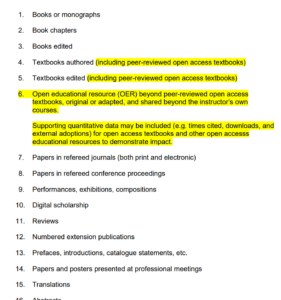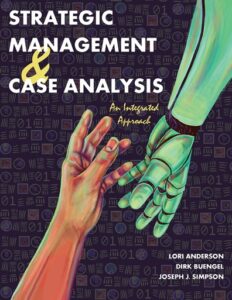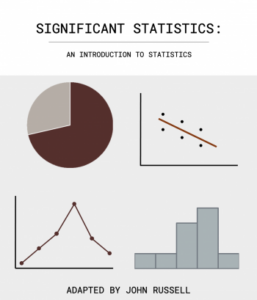In the course of their careers, if not daily, higher education faculty navigate layers of reward and incentive structures. In an effort to productively expend limited time, attention, and resources we faculty like everyone else must choose what to prioritize and what to decline. Some activities are clearly defined and have clear consequences–positive and negative: Meeting the terms of employment contracts, producing grant-funded deliverables, showing up to teach classes and attend meetings, and working at the level required to meet promotion and tenure goals. For other activities the subsequent reward structures are more intrinsic and integrated; still highly valuable and critical for faculty work, some activities’ external benefits are not as obviously defined: gaining the respect of colleagues, teaching effectively, gaining political mastery, managing one’s self well, expanding one’s capacity in their field, collaborating across and beyond the institution, mentoring students, and service to one’s institution and community. Personal goals and commitments outside of work– as well as the need to find meaning in it all–also play a role in faculty decisions.
Valuing OER for Promotion and Tenure
As pre-tenure and other busy faculty may be hesitant to author open educational resources (OER) when the relative value of the work is unclear with regard to tenure and promotion, efforts to develop clear valuation for OER are especially helpful for pre-tenure and yet-to-be-promoted faculty (Skidmore & Provida, 2019).
University-level clarification valuing OER contributions by authors and adapters follows a rising trend of engagement by professional associations with regard to open educational practices, for example: the American Institute of Mathematics Open Textbook [review] Initiative (AIM, n.d.), guidance for preparing for ABET accreditation campus visits (ASEE, n.d.), and creation of professional association finding guides for open educational resources (Association of Leadership Educators, n.d.; ASEE, n.d.).
Continue reading




